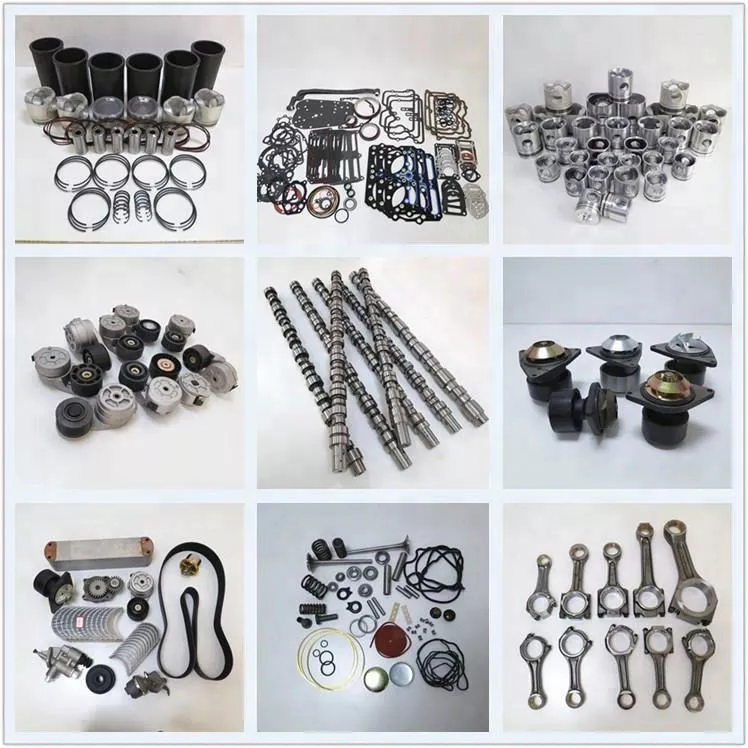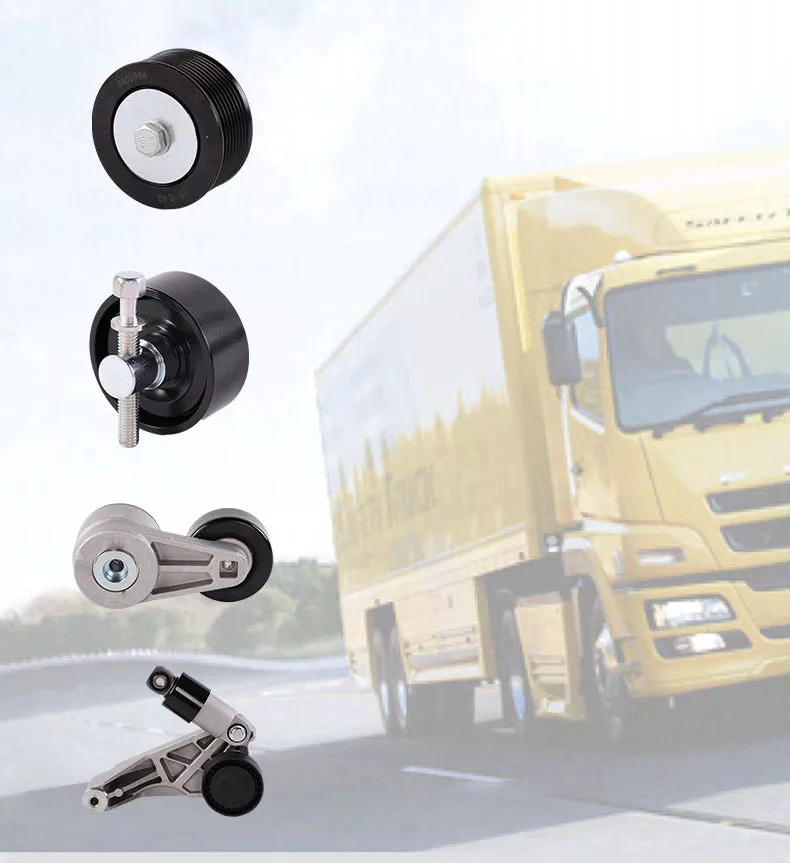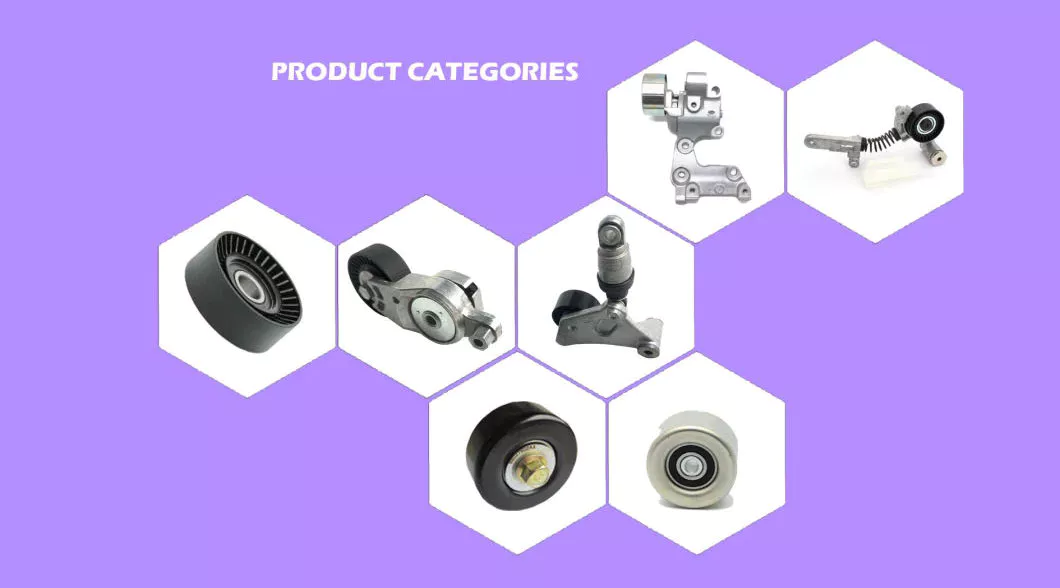Product Description
Industrial High Precision Deep Groove Ball Bearing with SGS 6016 6017
Closing the deal on November 30, 2017, Great’s directors expressed excitement over the addition of Great, saying, “This integration bearing company bearing shop into the Great Group means thrust roller bearing taper bearing cross reference we can expand our activities in Switzerland,” adding that “with this take-over, pillow bearing spherical plain bearing block we can bring our wide product range in Automation and Drive Systems directly CZPT the Swiss market, bearing block small bearings metric bearings and strengthen the key aspects of the sector in the country.”Greate’s existing product lines needle thrust bearing manufacturers stainless steel ball bearings will be expanded, adding new products that include IPC-based control systems used in a range of industries, especially those who utilize CNC and motion control tasks.
Deep groove ball bearings can support moderate radial loads and moderate axial loads (parallel to the shaft). They can operate at high speeds. Ball bearings with shields or seals for protection are usually lubricated to last for the operating lifeMiniature & Instrument Series, Stainless Steel – Inch and MetricOpen, Shielded, Shielded and Modified Dimension Bearings: Inch MetricSingle Row Deep Groove6000, 6200 and 6300 Series: Open, Shielded, Sealed – Metric
Main purposes:
Automotive: rear wheel, transmission, electrical equipment components
Electric: General Motors, Household Appliances
Other: instruments, internal combustion engines, construction machinery, railway vehicles, handling machinery, agricultural machinery, all kinds of industrial machiner Product
| Bearing Type | Bore Dia (d) (mm) | Outer Dia (D) (mm) | Width (B) (mm) | Radius (min) (rs) (mm) | Dynamic Load Rating (Cr) (N) | Static Load Rating (Cor) (N) | |
| 6004 | Open | 20 | 42 | 12 | 0.6 | 9400 | 5050 |
| 6004-2RS | Sealed | 20 | 42 | 12 | 0.6 | 9400 | 5050 |
| 6004ZZ | Shielded | 20 | 42 | 12 | 0.6 | 9400 | 5050 |
| 6204 | Open | 20 | 47 | 14 | 1 | 12800 | 6650 |
| 6204-2RS | Sealed | 20 | 47 | 14 | 1 | 12800 | 6650 |
| 6204ZZ | Shielded | 20 | 47 | 14 | 1 | 12800 | 6650 |
| 6304 | Open | 20 | 52 | 15 | 1.1 | 15900 | 7850 |
| 6304-2RS | Sealed | 20 | 52 | 15 | 1.1 | 15900 | 7850 |
| 6304ZZ | Shielded | 20 | 52 | 15 | 1.1 | 15900 | 7850 |
| 6005 | Open | 25 | 47 | 12 | 0.6 | 15710 | 5850 |
| 6005-2RS | Sealed | 25 | 47 | 12 | 0.6 | 15710 | 5850 |
| 6005ZZ | Shielded | 25 | 47 | 12 | 0.6 | 15710 | 5850 |
| 6205 | Open | 25 | 52 | 15 | 1 | 14000 | 7850 |
| 6205-2RS | Sealed | 25 | 52 | 15 | 1 | 14000 | 7850 |
| 6205ZZ | Shielded | 25 | 52 | 15 | 1 | 14000 | 7850 |
| 6305 | Open | 25 | 62 | 17 | 1.1 | 20600 | 11300 |
| 6305-2RS | Sealed | 25 | 62 | 17 | 1.1 | 20600 | 11300 |
| 6305ZZ | Shielded | 25 | 62 | 17 | 1.1 | 20600 | 11300 |
Related Products
Company Information
Great Bearing Co., Ltd. is a professional manufacturer engaged in the research, development, production, sale and service of Cylindrical roller bearing, tapered roller bearing, deep groove ball bearing, Spherical roller bearing etc.
Our factory is located in HangZhou city of the biggest bearing market area in China. Dedicated to strict quality control and thoughtful customer service, our experienced staff members are always available to discuss your requirements and ensure full customer satisfaction. In recent years, our company has introduced a series of advanced equipment including double-end face grinding machine etc., flaw detector…In addition, we have obtained ISO9001: 2008 certificates. Selling well in all cities and provinces around China, our products are also exported to clients in such countries and regions as Europe, America, Middle East, Africa and Southeast Asian.
We also welcome OEM and ODM orders. Whether selecting a current product from our catalog or seeking engineering assistance for your application, you can talk to our customer service center about your sourcing requirements.
Certificates
Our advantages
FAQ:
Q: Are you trading company or manufacturer ?
A: We are factory and trading company. Our factory sell market is in china with our brand GREAT.
Q: How long is your delivery time?
A: We have enough stock for roller bearings and ball bearings. Delivery time within 7 days. 15-25 days for 1 container to OEM brand following your request
Q: Do you provide samples ? is it free or extra ?
A: Yes, we could offer the sample for free charge ,please you pay the cost of freight.
Q: What is your payment term?
A: We accept 30% TT advance ,70% balance against the bill lading copy. Also 100% IRR L/C ok.
Packaging & Shipping
How to Fix a Faulty Drive Belt Tensioner
If you’re experiencing grinding, squeaking, or other unusual sounds from your car, your drive belt tensioner may be the culprit. In this article, we’ll discuss why a failed drive belt tensioner may need to be replaced and how to fix it. Once you have determined that your belt tensioner is faulty, you can use a Wrench to remove it and replace it with a new one. After you replace the belt tensioner, it will no longer be making noises.
Problems with timing belt tensioner
Whenever your engine is making strange noises, it is likely that the timing belt tensioner is causing the problem. A bad timing belt tensioner is a big cause of such sounds, as the timing of the engine is critical. When the belt is moving properly, the camshaft and crankshaft are perfectly synchronized, and the valves work in perfect sync during the intake and exhaust strokes of each cylinder.
Other signs of a worn tensioner include rust bleeding and dripping. Usually, rust will appear at the mounting bolts and “stops” on the tensioner. Other symptoms of a worn timing belt tensioner are noise, resistance, and roughness. If any of these symptoms are present, it’s important to get the car fixed as soon as possible. Troubleshooting problems with timing belt tensioner is an easy process if you know the symptoms.
If your car starts making squeaking or grinding noises when you drive, it’s probably the timing belt tensioner. The timing belt can also cause problems with your engine’s valves. When the timing belt is too loose, the valves cannot fully combust the fuel-air mixture. If this problem is left undiagnosed, it could result in severe engine damage. To solve the problem, you must replace the timing belt tensioner.
The repair of the timing belt tensioner is not a difficult job if you’re experienced and comfortable with DIY car repairs. If you have a good knowledge of car repair, you can try to replace it yourself – but don’t forget that it is a complex repair job that requires a lot of skill. So, it’s best to hire a professional mechanic. And if you don’t have the necessary tools and training, you can always try the DIY method.
Other symptoms of a bad timing belt tensioner include an abnormal chirping noise, misfiring, and check engine light malfunction. If you notice any of these symptoms, you should replace the timing belt tensioner as soon as possible. Often, the belt is wearing out and can’t spin freely. You may have to replace the timing belt tensioner to avoid major damage to your engine. The best way to tell if the timing belt tensioner is failing is to check it regularly.
Cost of a new drive belt tensioner
A new drive belt can be expensive. Replacing 1 is usually a straightforward task that requires little knowledge, but some cars are more difficult than others. Replacing a drive belt by yourself may result in the replacement of parts you do not know. You may also encounter problems that cannot be resolved unless you have a mechanic check all the affected parts. You can save money by taking the car to a mechanic before trying to fix the problem yourself.
A drive belt tensioner should last at least 125,000 miles, but can break sooner. Most car mechanics will replace the tensioner after you notice the belt is slipping. It takes about 15 minutes to an hour to replace 1 of these parts, and you can do it yourself with the proper tools. You can also ask about the replacement of pulleys or sprockets. The price of a new drive belt tensioner depends on the make and model of your car.
The average cost to replace a drive belt tensioner is between $235 and $267. This cost includes labor and parts, but doesn’t include taxes or fees. Some vehicles may need related repairs as well, such as serpentine belts or tensioner housing. For a detailed estimate, use the RepairPal Fair Price Estimator. You can compare labor costs and shop for the best price. There are many options available online, and you can choose the most convenient 1 for your needs.
In addition to replacing the drive belt, you should also check the idler pulleys, which do not drive anything. If they have excessive movement, replace them. A failed drive belt tensioner can cause the belt to slip and affect other components of the car. You may also notice warning lights that indicate a problem with the alternator, water pump, or power steering. You should also check your vehicle’s air conditioning.
Replacing the tensioner pulley can be done yourself for about $50. Depending on the type of pulley and belt, you may need to replace other parts of the engine as well. You can save money by replacing a tensioner pulley yourself if you have the time and skills. It’s easy to replace a new drive belt tensioner if you’re a mechanically inclined individual.
Repair options for a failed drive belt tensioner
A failed drive belt tensioner may have several symptoms. For instance, it can make a grinding or squealing sound, and it may emit a burning smell. The battery light on your car may also stay on. These are all signs that your drive belt has failed. However, these symptoms are not always indicative of the failure of the drive belt tensioner. Listed below are some common problems that can be caused by a failed drive belt tensioner.
To check for a failed drive belt tensioner, turn off the engine and examine the arm. If it doesn’t move, it’s time to replace the drive belt. A manual drive belt tensioner is easy to replace. A hydraulic or bad spring drive belt tensioner, however, will not be able to be fixed. If you can’t find a repair shop in your area, visit 1 of NAPA AutoCare locations, or a NAPA online store. They will be able to diagnose the failure and provide solutions for your car.
A spring tensioner is a type of drive belt tensioner that uses a spring-loaded pulley to apply the proper tension to the drive belt. However, spring tensioners can fail and seize if not properly maintained. A hydraulic tensioner uses hydraulic oil under pressure and can malfunction. In some cases, the tensioner can leak oil or lose its ability to tension the drive belt. It can also be damaged by excessive wear, which will cause the belt to break.
A failed drive belt tensioner can affect your car’s performance and functionality. In addition to making your car squeaky and jerky, a failed drive belt tensioner can cause the serpentine or v-belt to slip and wear out prematurely. Repairing a failed drive belt tensioner can also prevent your car from experiencing the same problems in the future. So, what do you do if you find your drive belt is slipping?
If your drive belt tensioner isn’t the problem, you’ll have to replace it. In some cases, a loose tensioner arm can lead to cracks in the tensioner housing. In the worst case scenario, the damaged tensioner can also lead to an overheated engine. Ultimately, a failed drive belt tensioner can cause your car to experience overheating, weak battery charging, and even a weakened power steering system.
Maintenance requirements for a drive belt tensioner
Drive belt tensioner maintenance begins with proper alignment of the pulleys. Misaligned pulleys or drives can wear a belt out too fast. Misalignment can occur if the component was recently replaced. A set of shims can restore the pulleys to the proper alignment. It is important to regularly check the tensioner to ensure proper function. Also, check the belt for cracks or wear.
Before performing any maintenance work, always turn off the drive to protect the motor. The belt should be in a safe position so that it will not fall on the workers. Lock down any moving parts and ensure the fans do not freewheel. When inspecting the drive belt tensioner, examine the belt guard for wear and debris. If the belt is damaged or has excessive heat, it is necessary to clean it or replace it.
It is important to maintain a proper fit between the belt and the drive belt tensioner. An incorrectly-sized drive belt will be difficult to install and adjust. An incorrect-rib count drive belt will fit, but will not last as long. Likewise, drive belts with too many ribs will not last as long. For these reasons, drive belt tensioners should be replaced when they are over 50,000 miles.
A drive belt tensioner is a pulley that rides on the outside surface of the serpentine belt. Its purpose is to maintain constant pressure on the pulleys that power car components. It is typically mounted on the front of the engine, bolted to the crankshaft, and rests against the serpentine belt. If the drive belt is cracked, it needs to be replaced immediately. If the arm is loose or bent, the bearings in the tensioner are probably worn.
The drive belt tensioner is an important part of the drive system, which is essential for smooth operation of the vehicle. However, it does wear out prematurely and should be replaced at a certain mileage. It should also be inspected for normal wear and tear as a result of road dirt, excessive heat, and oil leaks. However, it is important to remember that drive belts are highly sensitive to excessive heat, road dirt, and oil leaks.

